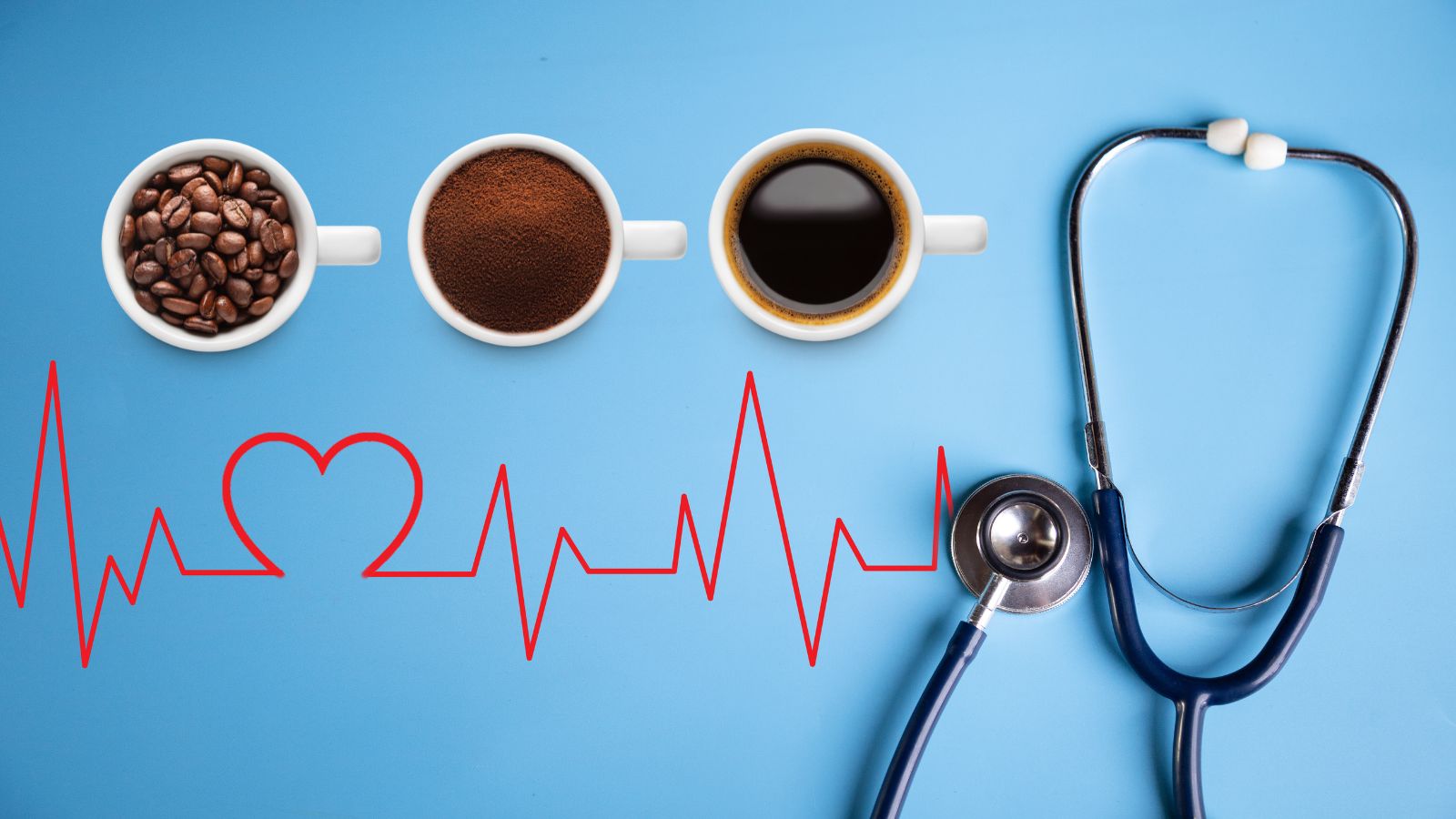
Research has linked coffee consumption with lower rates of heart disease, stroke, diabetes and depression. In one 2016 study published in the journal Nutrients , researchers found that drinking three small cups (6 ounces) per day may help reduce your risk of liver disease by 40 percent!
Research has linked coffee consumption with lower rates of heart disease, stroke, diabetes and depression. In one 2016 study published in the journal Nutrients , researchers found that drinking three small cups (6 ounces) per day may help reduce your risk of liver disease by 40 percent!
Diabetes, heart failure, strokes and more could be at bay with a daily java habit.
Coffee may lower the risk of diabetes, heart failure, strokes and more.
The correlation between coffee consumption and various health benefits is strong—so strong that it might be time to rethink your daily java habit.
Coffee can reduce a person’s risk of liver disease by up to 26 percent and lower their chances of developing cancer by 12 percent, according to Harvard Medical School. It’s also been found to help protect against depression in women with a history of postpartum depression (PPD).
It’s associated with a lower risk of depression in women, but not men.
You may have heard that coffee can be good for your health. And as it turns out, there’s some truth to this—the beverage is associated with a lower risk of depression in women but not men.
However, other studies have shown that men who drink coffee have a lower risk of depression than those who don’t drink coffee. So it’s unclear what exactly is going on here and why this is happening!
An increase in Parkinson’s in women has been linked to heavy coffee intake.
Researchers at the Karolinska Institute in Sweden have determined that women who drink four or more cups of coffee per day have a higher risk of developing Parkinson’s disease than men who consume the same amount. The study also found that the risk was higher in women than men.
While this is just one study and should be taken with a grain of salt, it does add to other research linking coffee consumption to an increased risk of Parkinson’s. It’s important to note that much of this research involved groups with a long-standing history of heavy coffee drinking—the kind you might expect from someone working on an assembly line for decades, for example—and may not apply universally. Additionally, other studies showed no association between heavy caffeine intake and Parkinson’s symptoms at all.
Alzheimer’s can be delayed by caffeine intake.
Caffeine can help prevent brain cell death.
Alzheimer’s disease is associated with a build-up of amyloid-beta proteins in the brain. Caffeine helps slow this process down by preventing the buildup of these proteins, thus lowering your risk for Alzheimer’s disease.
Caffeine can also reduce your risk for dementia, which is another type of memory loss that usually occurs later in life. Dementia causes people to lose their ability to think and reason clearly as well as control their behavior and emotions; it affects an estimated 10 percent of people over 65 years old worldwide.[1]
Caffeine has been shown to improve memory, attention and concentration[2], making it easier for you to remember things you’ve learned or read before.
Coffee is good for you in many ways.
Coffee is good for you in many ways.
It can help prevent cancer, heart disease, and diabetes. It can boost your mood and help you live longer. And it can even help you lose weight! Here’s how:
Conclusion
Whether you drink coffee every day or not, these findings show that you can enjoy more health benefits from this popular beverage. If you’re not a coffee drinker and want to start, try adding a cup of decaf each morning or getting an iced latte at lunchtime.

